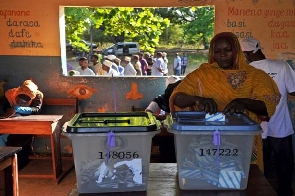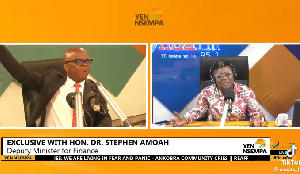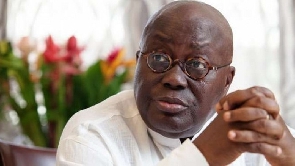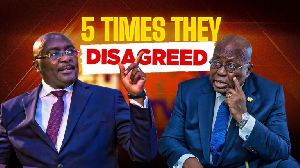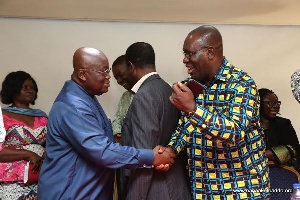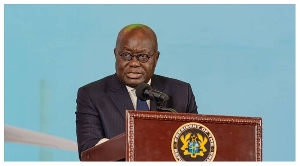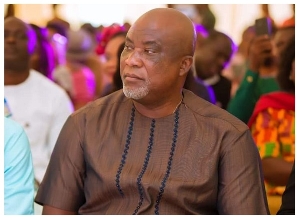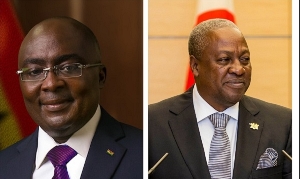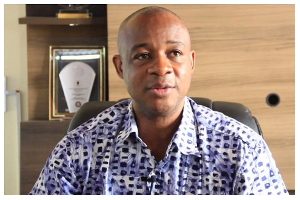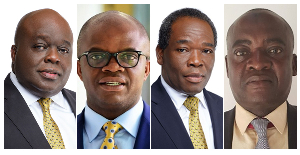Elections are a cornerstone of democracy, providing citizens with the opportunity to elect leaders who will represent their interests and shape the future of their nation.
However, the practice of vote buying has emerged as a significant threat to the integrity of elections in Ghana.
This article aims to shed light on the dangers associated with vote buying during elections and its potential consequences for the democratic process.
Undermining democracy: Vote buying undermines the principles of democracy by distorting the electoral process. When candidates or political parties resort to purchasing votes, it compromises the free will and independence of voters.
Instead of casting their ballots based on informed decisions, voters may be swayed by financial incentives, leading to a distortion of the true will of the people.
Weakening public trust: Vote buying erodes public trust in the electoral system, as citizens become disillusioned with the fairness and impartiality of the process. When voters witness candidates using money to secure votes, they may question the legitimacy of the election results, leading to a loss of confidence in the democratic system as a whole.
Exclusion of competent candidates: Vote buying often favors candidates with deep pockets, rather than those with the most merit or the best policies. This exclusionary practice prevents competent individuals from participating in the political arena, as they may lack the financial resources to compete against candidates who engage in vote buying. Consequently, the electorate is deprived of the opportunity to choose from a diverse pool of qualified candidates.
Encouraging corruption: Vote buying creates a breeding ground for corruption within the political system. When politicians engage in this practice, it becomes a gateway to further corrupt activities once they assume office.
The expectation of financial returns on their investment in vote buying may lead to the misappropriation of public funds, kickbacks, and other forms of corruption, ultimately hindering the country’s development.
Perpetuating socioeconomic inequalities: Vote buying tends to target vulnerable communities where poverty and socioeconomic disparities are prevalent. By exploiting the financial needs of these communities, politicians perpetuate the cycle of poverty and inequality.
This practice not only undermines the principle of equal representation but also exacerbates existing social divisions and hinders efforts to achieve inclusive development.
In conclusion, vote buying poses significant dangers to the democratic process in Ghana. It undermines the principles of democracy, weakens public trust, excludes competent candidates, encourages corruption, and perpetuates socioeconomic inequalities.
To safeguard the integrity of elections, it is crucial for stakeholders, including the government, civil society organizations, and citizens, to work together in raising awareness, enforcing stricter regulations, and promoting transparency and accountability in the electoral process. By doing so, Ghana can ensure that elections truly reflect the will of the people and contribute to the country’s progress and development.

